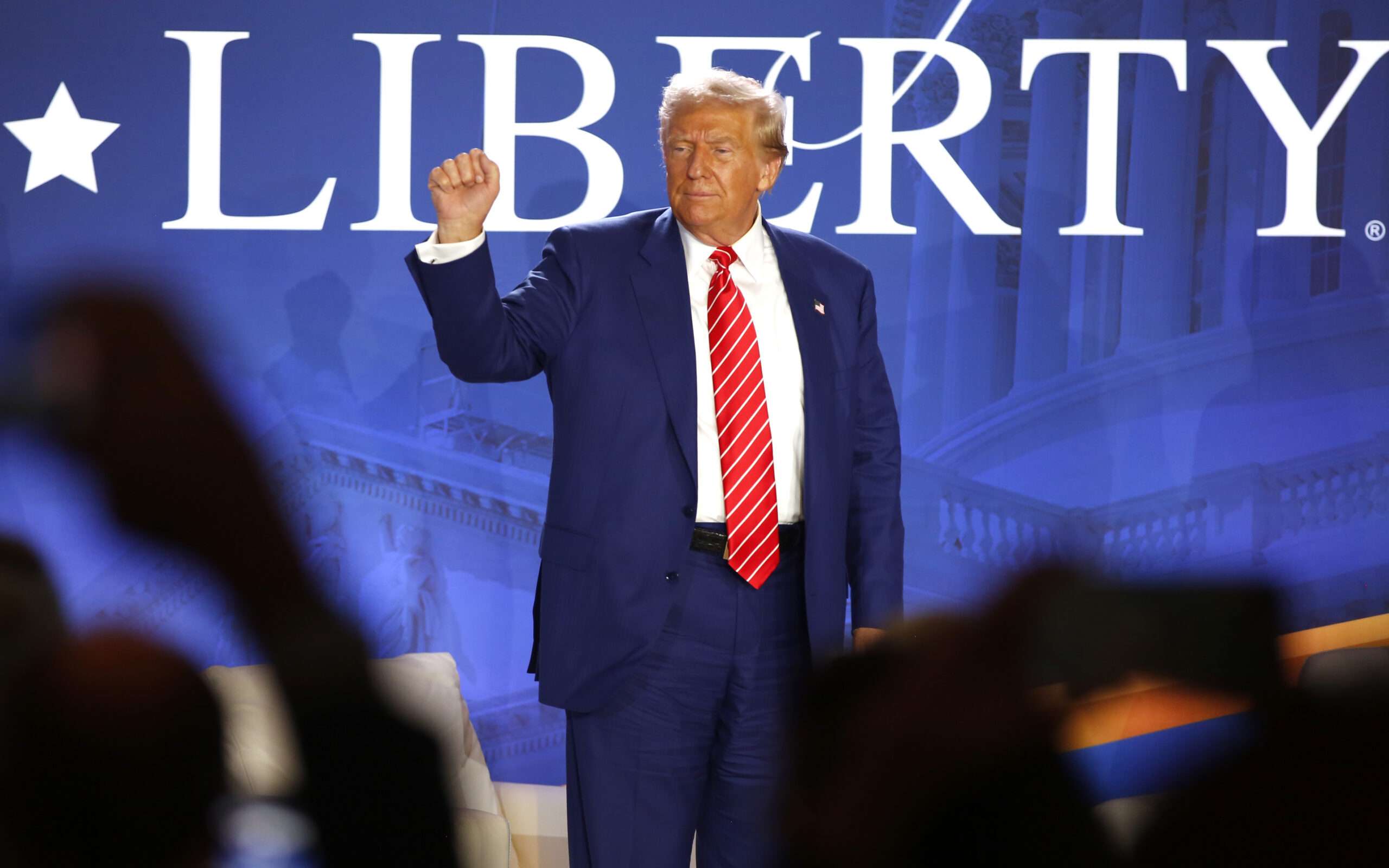In the past, Sen. Marco Rubio (R–Fla.) expressed his opposition to legal marijuana by warning that black-market weed may be “laced with fentanyl.” However, this claim of “fentanyl laced marijuana” has been debunked as an imaginary threat.
Despite this, former President Donald Trump recently voiced support for Florida’s Amendment 3, which aims to legalize recreational marijuana in the state. Trump cited concerns about “fentanyl laced marijuana” as a reason to back this initiative, although there is no evidence to support the existence of such a threat.
Florida’s Amendment 3 would need 60 percent of voter support to pass, with recent polls showing mixed results. Despite this, Trump seems confident that the initiative will be approved by voters in November.
While it is true that legal marijuana is available in many states, there is no credible evidence to suggest that anyone has died from consuming “fentanyl laced marijuana.” The economic feasibility of mixing fentanyl with marijuana also raises doubts, as the cost and risks involved do not align with typical business strategies in the drug trade.
Experts and investigations have consistently found that claims of fentanyl-laced marijuana are unsubstantiated, with instances of contamination likely being accidental rather than intentional. Both medical professionals and law enforcement authorities have cast doubt on the existence of this phenomenon.
Despite concerns about contaminated cannabis products, official sources have confirmed that there have been zero verified incidents of fentanyl contamination in marijuana. Misinformation and stigma surrounding drug use may contribute to false reports linking cannabis consumption to fentanyl exposure.
Stovall pointed out that the reports of fentanyl-laced marijuana have always turned out to be baseless.
In a country where over 60 million people use marijuana annually, the absence of confirmed cases of fentanyl overdoses among pot smokers indicates that this is not a real issue.
The Office of Cannabis Management’s perspective is significant because New York’s marijuana regulators have a vested interest in highlighting the dangers of black-market marijuana to encourage consumers to buy from licensed retailers. Similarly, the Partnership to End Addiction (PEA) dismisses the notion of fentanyl-laced marijuana as a myth.
The PEA states that there is no solid evidence to support the claim that marijuana is being laced with fentanyl, as fentanyl is destroyed when burned. The organization also refutes the possibility of fentanyl being present in vape pens or marijuana edibles due to the temperatures at which they operate.
While the DEA has issued warnings about fentanyl in various drugs, including heroin and cocaine, there has been no alert regarding fentanyl-tainted marijuana. Despite this, some organizations continue to claim that fentanyl-laced marijuana poses a threat.
The persistence of unverified claims has led politicians like Rubio and Trump to perpetuate them. Trump, however, recognized the flawed logic behind this imaginary threat, noting that prohibition creates risks associated with drugs of unknown composition.
Source link





